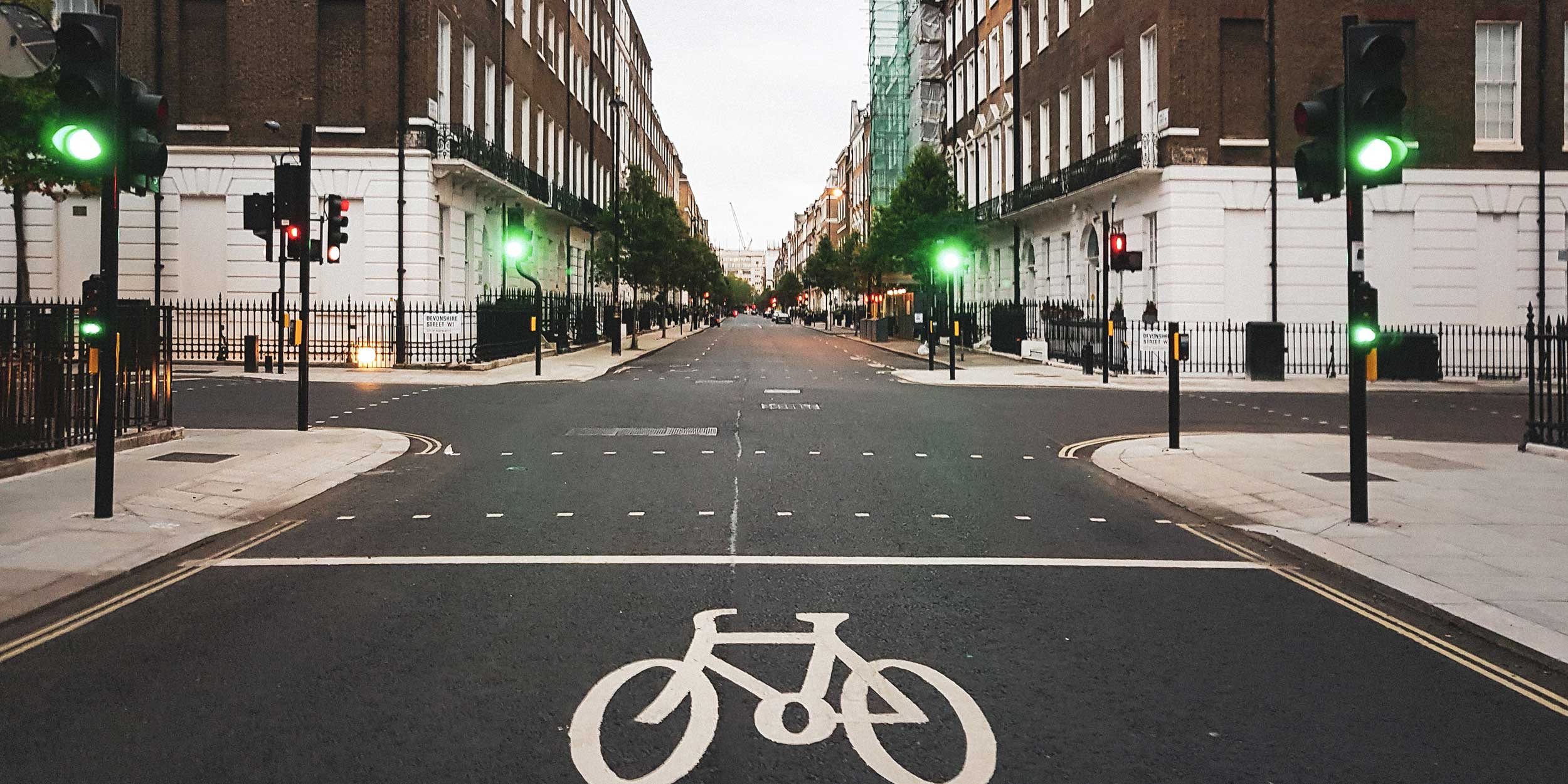Revenge of the Private Car
SustainabilityArticleAugust 6, 2020
COVID-19 emptied the streets of cars, but it may cause an upsurge in car ownership
Across the world, cities experienced something new: blue skies and clean air. The COVID-19 pandemic had emptied the streets of cars, the cities of people, and the skies of pollutants.
People began working from home instead of commuting, and those who did venture into the city often did so on foot or by bicycle.
It represented a utopia for those concerned about climate change. And it caused many people to predict – or at least hope – that we’d never go back to how it was before. No more congested streets and polluted cities.
“COVID-19 gave us a glimpse into a world of fewer cars. But in a fascinating twist, it may instead signify an upsurge in car ownership,” says Karl Gray, Global Head of Retail Lines at Zurich and a member of the World Economic Forum’s Global Future Council on Mobility.
Reversing trends
For years, various studies showed lower levels of car ownership among Millennials than previous generations. Younger people were preferring to use public transport and shared mobility options, such as ridesharing and carpooling. But the enthusiasm could wane.
“There may be a reluctance to share a vehicle, travel on a busy subway carriage, or put hands on a shared bike?or e-scooter without increased sanitary measures. The popularity of public transport and shared mobility services could face a severe decline due to fears over a new outbreak of COVID-19,” says Gray.
“Walking and cycling are likely to rise in popularity, but the concern for environmentalists is an increase in car ownership.”
This trend could be exacerbated by low oil prices or if governments, desperate for their economies to recover, deprioritize investments in public transportation and instead plough funds into the revival of their automotive industries.
This would put more cars on the road at a time when investments into shared mobility are likely to slow down, resulting in less innovation and fewer new mobility services.
Electrify and don’t fight the change
Public authorities could accelerate the development of bike lanes in city centers, introduce congestion or road pricing to deter single-occupancy vehicle use, and take measures to promote safer carpooling.
But Gray suggests that instead of fighting against a possible societal shift back to car ownership, we could electrify it.
“Autonomous technology was meant to be the game-changer in urban mobility. Self-driving vehicles were going to provide greater shared mobility options. But perhaps electric vehicles will be key to keeping our cities’ skies blue, and air clean.”
Gray adds: “We’ve seen a significant increase in electric vehicle sales. Governments could accelerate this trend by ensuring any support for car manufacturers is focused on electric vehicles, while also investing in developing more public charging infrastructure.”
If one of COVID-19’s legacies is an increase in car ownership, then ensuring these new cars are electric will help minimize a potential increase in pollutants. And in terms of congestion? Another change forced on us by COVID-19, working from home, should reduce car-based commuting and hopefully stop our streets being clogged up by traffic.
We’re yet to see the full impact of COVID-19 on our lives. But the future of mobility could certainly take a different path than previously predicted.



